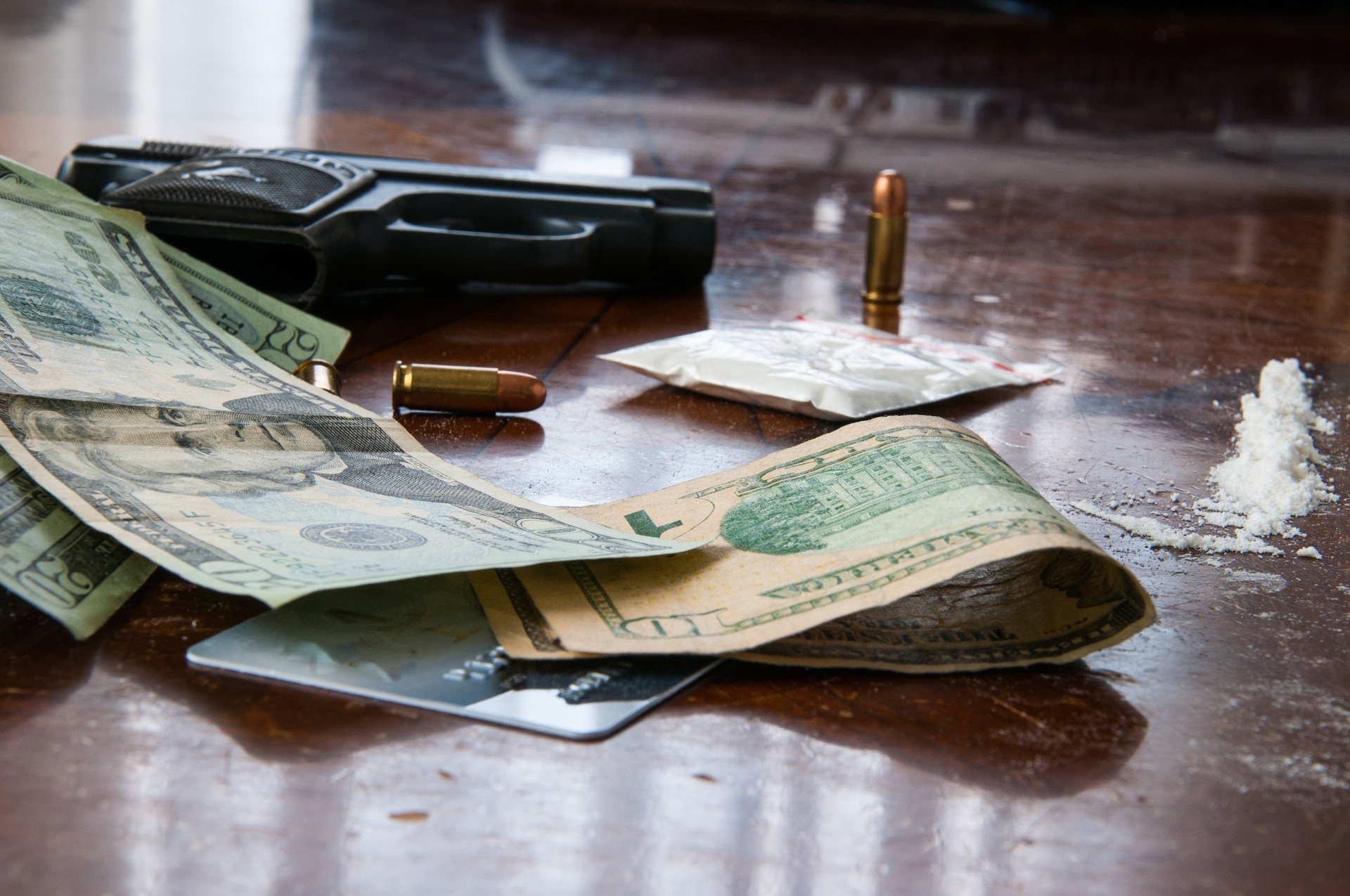“Abajo! Rapido!” My dance teacher shouted on a Wednesday afternoon. I was 14. “Hide!
Fast!” In the middle of warm-up, a firework-like-sound brought everyone in Ms. Rosa’s hiphop
class to a standstill. I did not realize what was happening until I saw armed men on the
rooftop of the adjacent building.
I had heard of shootings between the military and the Mexican gangs—the “War on
Drugs”—in my hometown of Matamoros, Tamaulipas in Mexico. Now, I was caught in the
crossfire. As my teacher pulled me to a corner away from the windows, my head spun with
confusion. The incident must have only lasted a few minutes, but it seemed like an eternity.
As one of the main producers and exporters of illicit commodities, Mexico is notorious for its
public insecurity and blatant inequalities. Mexican drug cartels such as Los Zetas, the largest
and most dangerous criminal organization in Mexico, challenge the fabric of my community,
and hundreds of others. I was able to reunite with my family that Wednesday afternoon when
I was 14, but very few Mexicans possess the same luck I did.
Mexico’s reality, however, is one exploited by more than just drug lords. According to
Guadalupe Correa-Cabrera, Associate Professor at George Mason University and author of
Los Zetas Inc., the Mexican violence is caused by both the government and groups like Los
Zetas. Corruption networks include government officials at all levels of state and local
government. Criminal transnational organizations mask the crookedness that is deeply
engrained in the nation’s politics. As Oswaldo Zavala, Professor at City University of New
York and author of Los Carteles No Existen, describes, “Our ideas about drug trafficking are
the result of a tricky narrative conceived by the governments of Mexico and the United
States. There is violence, but to a large extent perpetrated by the same State that should be
protecting us.”
There are scores of reasons to which the Mexican government tolerates, promotes and
bargains with cartels. One major reason is that violence extends way beyond the drug trade.
As Correa-Cabrera mentions, criminal organizations are professional transnational
corporations that are money-driven and strongly led by economic interest. The “War on
Drugs”―or perhaps the war on natural resources―is based on monetary agendas that involve
both the cartels and government institutions in both Mexico and the United States. Such
economic opportunity correlates to the territories that are rich in hydrocarbons. For instance,
the main zone of natural gas extraction is the Burgos Basin located in northern Mexico. This
area of high concentration of coal and shale gas registered the highest levels of violence in
the country. Thus, it is clear that politicians are economically benefiting from the war rather
than helping it end.
The longstanding crisis in Mexico should not be viewed as a civil matter, but rather a larger
international conflict. It is then ironic that the American government claims that Mexico’s
violence will “spillover” to their homeland when the U.S. also plays a key role in the war.
What many fail to recognize is the immense impact that U.S. reforms have on Latin America.
The guns that sustain the Mexican “War On Drugs” for example, come from the United
States. American domestic policy is inciting a war on its own border through its
unwillingness to alter gun control laws. American law enforcement both funds and profits
from the war. Does that not make the United States an accomplice of the violence?
We need to dismantle the rhetoric of the “War On Drugs” to foster understanding and
solidarity about what happens south of the United States border. As a Mexican-American
who has lived in both respective countries, I find it imperative to know the truth about the
reality in which I grew up in. Is the “War on Drugs” really about drugs? And if so, who are
these infamous drug lords really working for? What are the true incentives of the American
government? We can better comprehend drug-related violence in Mexico by accepting that
it’s time for the country to completely rebuild its official institutions from scratch, as
corruption is too deeply ingrained in the government. Similarly, we must admit that it’s time
for America to own up and reconsider its gun laws. It is the responsibility of both Mexicans
and Americans to be informed and to recognize that the repercussions of American policies
travel south. We must ask ourselves who is truly responsible for the endless deaths and
human rights violations in Mexico, so that we may begin to address the real immense corrupt
problems in front of us.


